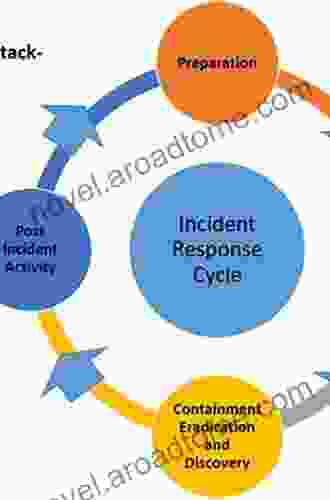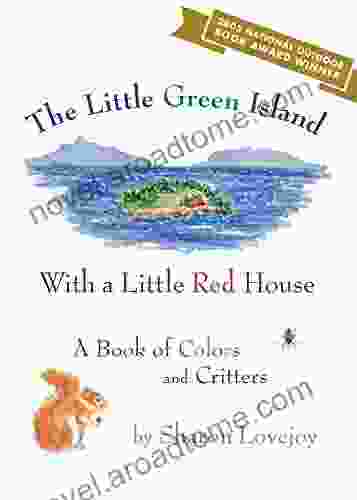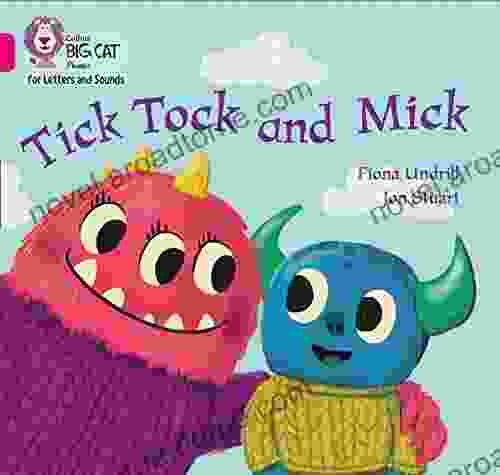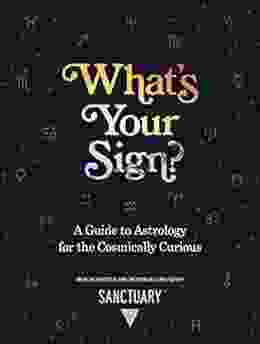Children Who Murder: A Psychological Perspective

The concept of children as murderers is deeply disturbing and challenges our preconceived notions of childhood innocence. However, the reality is that children do commit murder, and the psychological factors that motivate their actions are complex and multifaceted.
5 out of 5
| Language | : | English |
| File size | : | 2116 KB |
| Text-to-Speech | : | Enabled |
| Word Wise | : | Enabled |
| Print length | : | 200 pages |
This article will delve into the psychological perspective of child murder, examining the different theories and research that attempt to explain why children kill and the consequences they face.
Theoretical Perspectives
There are various theoretical perspectives that seek to understand the psychological underpinnings of child murder:
1. Psychopathy
Psychopathy is a personality disFree Download characterized by a lack of empathy, remorse, and guilt. Children with psychopathic traits may exhibit a callous disregard for human life and engage in cruel and violent behavior.
2. Antisocial Personality DisFree Download
Antisocial personality disFree Download (ASPD) is characterized by a long-standing pattern of antisocial behavior that includes aggression, impulsivity, and a lack of regard for social norms. Children with ASPD may be more likely to commit violent crimes, including murder.
3. Attachment DisFree Downloads
Attachment disFree Downloads are characterized by disruptions in the early bond between a child and their caregiver. These disFree Downloads can lead to deficits in empathy, social skills, and self-regulation, which may increase the risk of violent behavior.
4. Trauma and Abuse
Exposure to trauma and abuse in childhood can have a profound impact on a child's psychological development. Children who have experienced severe abuse or neglect may be more likely to exhibit aggressive and violent behavior, including murder.
Risk Factors
Several risk factors have been identified as increasing the likelihood of a child committing murder:
1. Family Dysfunction
Children raised in dysfunctional families characterized by violence, substance abuse, and neglect are at an increased risk of developing behavioral problems and engaging in criminal activity.
2. Peer Influences
Children who spend time with peers involved in delinquent behavior are more likely to adopt similar behaviors themselves. Gang involvement can also contribute to the risk of violence and homicide.
3. Mental Health DisFree Downloads
Children with mental health disFree Downloads, such as conduct disFree Download, oppositional defiant disFree Download, or schizophrenia, are at an increased risk of engaging in violent behavior.
Consequences
The consequences of child murder can be severe and far-reaching:
1. Legal Consequences
Children who commit murder face serious legal consequences, which vary depending on their age and the jurisdiction. In some cases, children can be tried as adults and sentenced to life in prison.
2. Psychological Consequences
Children who murder often experience significant psychological distress, including guilt, shame, and depression. They may also develop post-traumatic stress disFree Download (PTSD) as a result of the trauma they have caused.
3. Social Consequences
Children who commit murder face social stigma and ostracism. They may have difficulty forming relationships and gainful employment, which can have long-term negative consequences for their lives.
Prevention and Intervention
Preventing and intervening in child murder is a complex challenge but essential to protecting both the children involved and society as a whole. Some promising strategies include:
1. Early Intervention
Identifying and supporting children at risk of developing behavioral problems is crucial. Early intervention programs can provide support to families, improve parenting skills, and reduce the likelihood of children engaging in criminal behavior.
2. Mental Health Services
Children with mental health disFree Downloads should have access to appropriate treatment and support services. This can help to reduce the risk of violent behavior and improve their overall mental well-being.
3. Community Programs
Community programs that provide positive activities and support for youth can help to reduce the risk of delinquency and violence. These programs can provide safe spaces for children to interact, learn new skills, and develop healthy relationships.
The issue of child murder is a complex and disturbing one. By understanding the psychological factors that contribute to this behavior and the consequences it has on both the children involved and society as a whole, we can better develop strategies to prevent and intervene in these tragic events.
It is important to remember that every child has the potential for growth and change. With the right support and interventions, children who have committed murder can be rehabilitated and given the opportunity to lead productive and fulfilling lives.
5 out of 5
| Language | : | English |
| File size | : | 2116 KB |
| Text-to-Speech | : | Enabled |
| Word Wise | : | Enabled |
| Print length | : | 200 pages |
Do you want to contribute by writing guest posts on this blog?
Please contact us and send us a resume of previous articles that you have written.
 Book
Book Novel
Novel Page
Page Chapter
Chapter Text
Text Story
Story Genre
Genre Reader
Reader Library
Library Paperback
Paperback E-book
E-book Magazine
Magazine Newspaper
Newspaper Paragraph
Paragraph Sentence
Sentence Bookmark
Bookmark Shelf
Shelf Glossary
Glossary Bibliography
Bibliography Foreword
Foreword Preface
Preface Synopsis
Synopsis Annotation
Annotation Footnote
Footnote Manuscript
Manuscript Scroll
Scroll Codex
Codex Tome
Tome Bestseller
Bestseller Classics
Classics Library card
Library card Narrative
Narrative Biography
Biography Autobiography
Autobiography Memoir
Memoir Reference
Reference Encyclopedia
Encyclopedia Vijay Rajpurohit
Vijay Rajpurohit Steven J Keteyian
Steven J Keteyian Ross King
Ross King Shanthi Pavan
Shanthi Pavan Richard Oram
Richard Oram Sandra Staines
Sandra Staines Tariq Mahmood
Tariq Mahmood Rick I Woods
Rick I Woods Richard Bray
Richard Bray Roy Langdon
Roy Langdon Mary E Stuckey
Mary E Stuckey Rachel P Green
Rachel P Green Rand R Wilcox
Rand R Wilcox Ramit Gupta
Ramit Gupta R Grey Hoover
R Grey Hoover Ravikumar Kakde
Ravikumar Kakde Richard G Lyons
Richard G Lyons George Alexandru
George Alexandru Randy Fujishin
Randy Fujishin Ray Bella
Ray Bella
Light bulbAdvertise smarter! Our strategic ad space ensures maximum exposure. Reserve your spot today!

 Ben HayesProven Diet Hacks And Workout Tricks To Burn Fat And Build Muscle In Half The...
Ben HayesProven Diet Hacks And Workout Tricks To Burn Fat And Build Muscle In Half The...
 Banana YoshimotoUnlock the Secrets of Network Security Monitoring with the Ultimate Guide
Banana YoshimotoUnlock the Secrets of Network Security Monitoring with the Ultimate Guide Harry CookFollow ·14.7k
Harry CookFollow ·14.7k Harvey BellFollow ·10.2k
Harvey BellFollow ·10.2k Phil FosterFollow ·7.8k
Phil FosterFollow ·7.8k José SaramagoFollow ·13.6k
José SaramagoFollow ·13.6k Paulo CoelhoFollow ·19.7k
Paulo CoelhoFollow ·19.7k Shane BlairFollow ·7.2k
Shane BlairFollow ·7.2k Houston PowellFollow ·17.2k
Houston PowellFollow ·17.2k Jake CarterFollow ·12.6k
Jake CarterFollow ·12.6k

 Eli Brooks
Eli BrooksOver 700 Organic Remedies Shortcuts And Tips For The...
: Embracing the Power of...

 Carter Hayes
Carter HayesUnveiling the Unofficial Political Religion of India: A...
Embark on an...

 Colin Richardson
Colin RichardsonOf Colors and Critters: A Journey Through the Animal...
In the tapestry of...

 Harry Hayes
Harry HayesUnveiling the Hidden Truths: Mao, Stalin, and the Korean...
Step into the enigmatic realm of the 20th...

 George Bernard Shaw
George Bernard ShawBand 1b Pink: A Journey Through the World of Reading
Band 1b Pink is a...
5 out of 5
| Language | : | English |
| File size | : | 2116 KB |
| Text-to-Speech | : | Enabled |
| Word Wise | : | Enabled |
| Print length | : | 200 pages |










